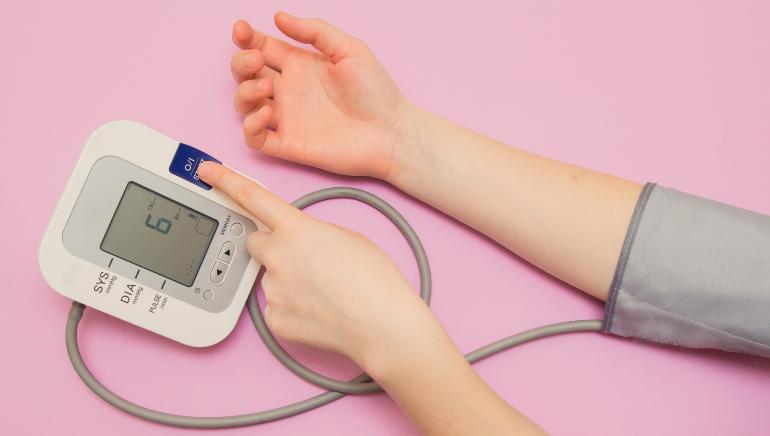
Many people with low blood pressure experience a sudden drop in blood pressure that can cause them to feel lightheaded or faint. This condition, which is called orthostatic hypotension, can be dangerous if it’s not treated.
Fortunately, there are ways to prevent this problem. Follow these health tips to lower your blood pressure: 1. Drink water.
Eat a Healthy Diet
A healthy diet is important for everyone, but it’s especially crucial for those with low blood pressure. Eating a variety of foods can help you feel more energized and maintain a healthy weight.
Try to include complex carbohydrates (brown rice, quinoa, whole grains) and leafy greens (cabbage, spinach, kale) in your meals. They’re rich in nitrates, which can lower blood pressure.1
Also, eat plenty of fatty fish (like salmon and mackerel) because they’re high in protein, vitamin B-12 and omega-3 fatty acids, which can improve blood pressure.3
Limit or avoid salt, which can raise your blood pressure and lead to headaches, bloating, heart failure, enlarged kidney stones and other health problems. Look for other ways to add flavor to your food, like herbs and spices instead of salt. Also, reduce your intake of processed or prepackaged foods like cold cuts, frozen pizza and certain condiments that are loaded with sodium.
Exercise Regularly
Exercise is important for all types of health, and it’s especially helpful for managing low blood pressure. Exercise can help you lose weight, strengthen your heart and reduce stress, all of which can improve your low blood pressure.
But it’s important to be careful when exercising with low blood pressure. Sudden jerks in body position, such as standing up from a sitting or lying down position, can cause orthostatic hypotension, which is a drop in blood pressure that happens when you change positions quickly.
This can lead to dizziness, lightheadedness, fainting and other symptoms. It can also cause your body to try to compensate for the lower blood pressure by pumping too hard and fast, which can lead to a heart attack or stroke. If you have a heart condition, talk to your doctor before starting an exercise routine. They can recommend the appropriate amount of activity for your health and fitness level. They can also advise you on how to avoid putting too much strain on your heart during exercise.
Stay Hydrated
Drinking water is one of the easiest and most effective home remedies for low blood pressure. Dehydration decreases blood volume, which causes your blood pressure to drop. Water raises blood pressure by increasing the amount of sodium in your body, triggering your brain to release vasopressin, which narrows your blood vessels.
Your doctor will tell you how much water you need to consume each day based on your age, sex, weight and level of physical activity. You will need to consume more water if you are exercising in hot weather or if you are suffering from an illness that causes you to lose fluids.
Avoiding dehydration and drinking water are the best ways to prevent low blood pressure. In addition, consuming foods rich in potassium and calcium can help you maintain healthy blood pressure levels. For instance, eating more tumeric can boost your blood pressure and keep it within the normal range. Moreover, you can also try taking small, frequent meals and sitting instead of standing for long periods of time.
Manage Stress
Stress can contribute to low blood pressure, particularly in those who already have a heart condition. Long-term chronic stress can cause the body to release hormones such as adrenaline that can raise heart rate and blood pressure temporarily. These short bursts can be dangerous for people with heart conditions.
Learning to relax can help manage stress levels, which can have a positive impact on your health and reduce symptoms of low blood pressure. Exercise, especially brisk walking, is a great stress-reducing activity. Incorporating relaxation techniques into your daily routine, such as meditation or deep breathing exercises, is also beneficial.
Avoiding alcohol and smoking are important for reducing stress. Eating a healthy diet that includes fruits, vegetables, whole grains, lean protein and healthful fats is also important to reduce your stress level. In addition, taking small, frequent meals and avoiding sudden changes to posture can also be helpful. Getting plenty of sleep is essential to managing stress and improving blood pressure.